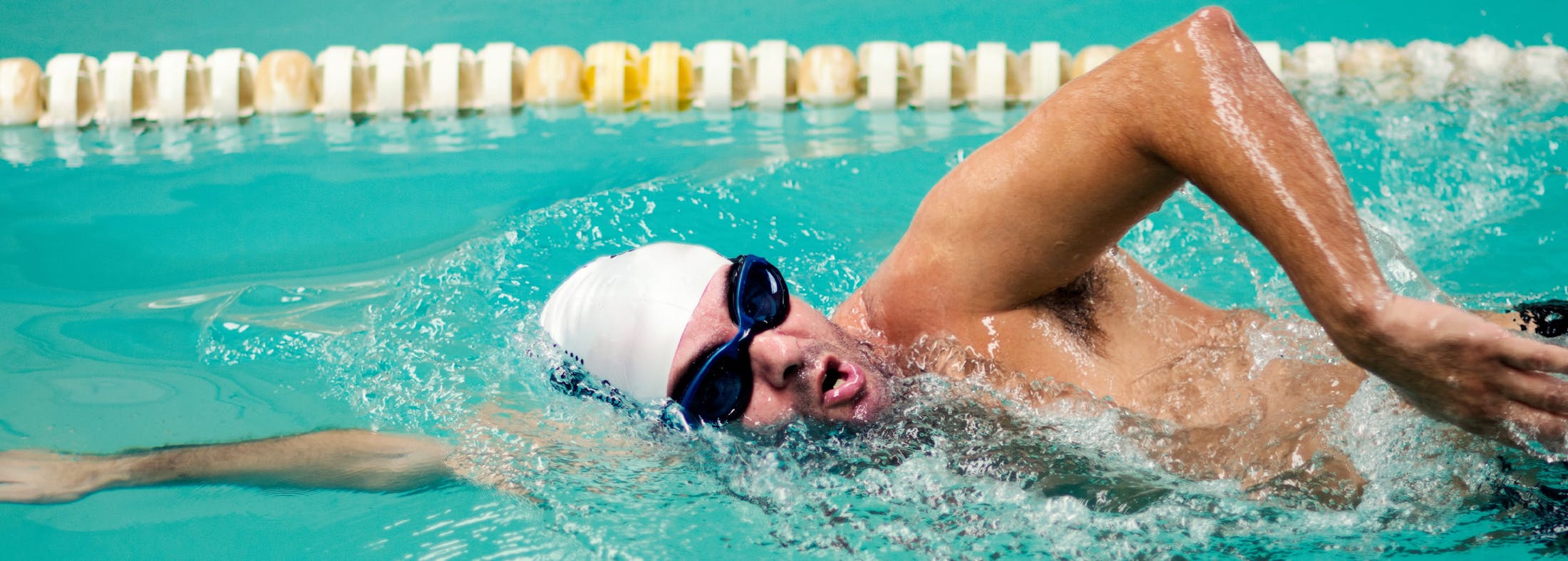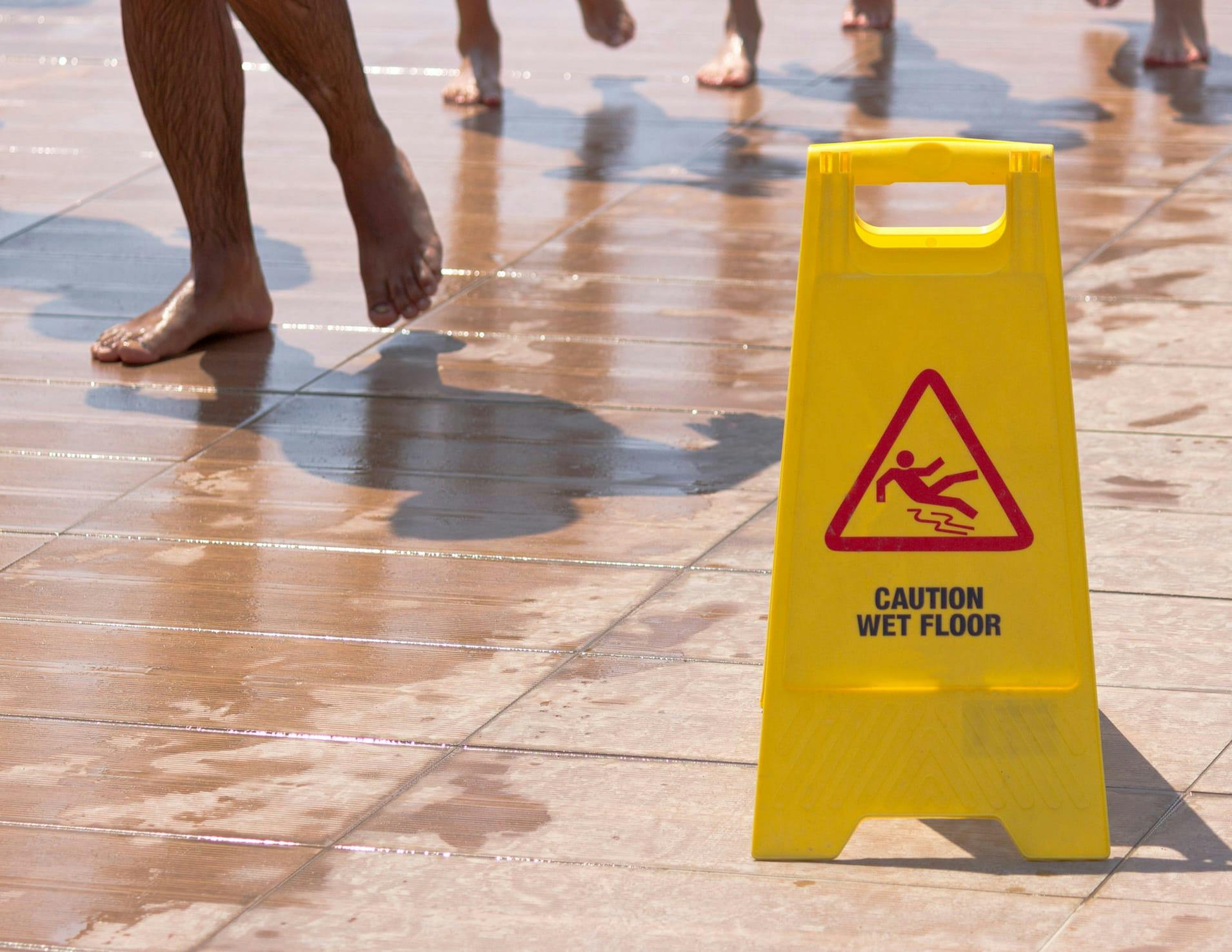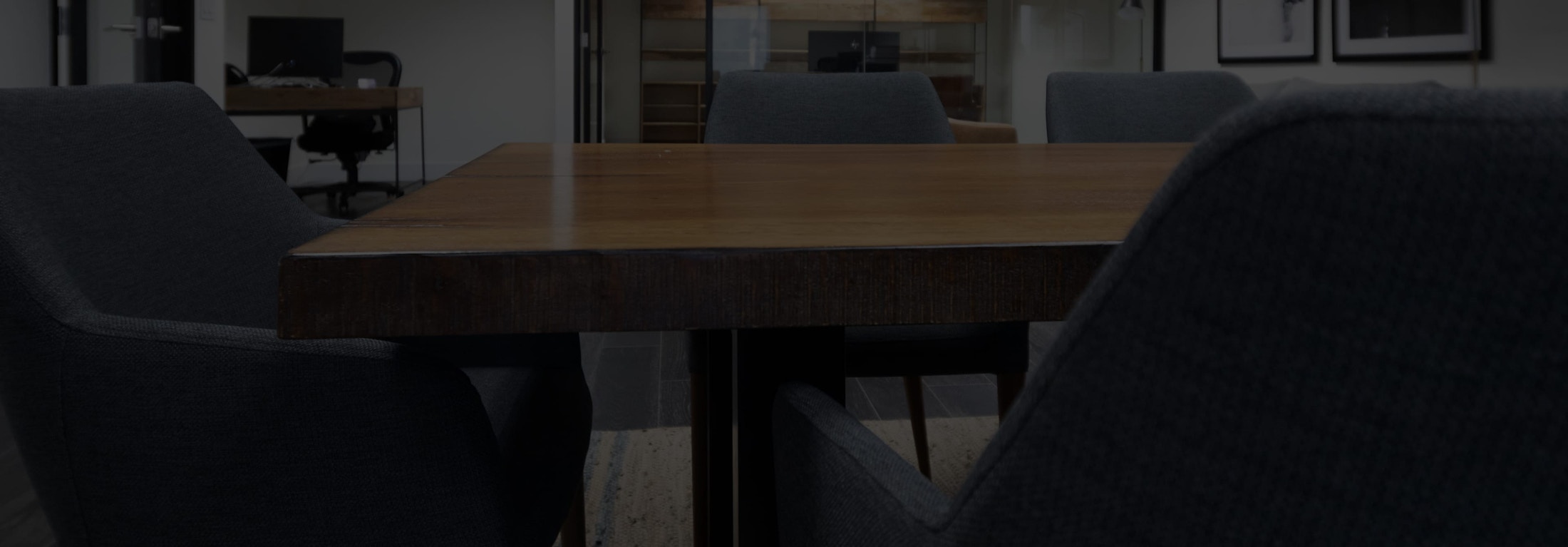A surprising number of accidents happen in swimming pools. Every year, 3,960 people die from drowning in the U.S., as reported by CDC.
What are the responsibilities of property owners regarding swimming pools?
Landowners in California have a duty of care to take reasonable steps to make their property safe, including swimming pools. Property owner responsibility for swimming pool safety is covered in the California Swimming Pool Safety Act. Single-family homeowners must implement at least two of the following safety features in a swimming pool or spa, as stated in the Health and Safety Code at Section 115922.
- A fence, wall, or other barrier that isolates the pool from access to the home
- An approved safety pool cover
- Alarms on any doors that have direct access to a swimming pool
- An alarm that sounds when someone enters the water of a swimming pool
- A self-closing, self-latching device that is placed no lower than 54 inches above the floor on any door in the home with access to the swimming pool
- An approved removable mesh fence with a self-closing, self-latching, lockable gate
- Other safety feature that provides protection equal to or greater than the protection provided by the above features






